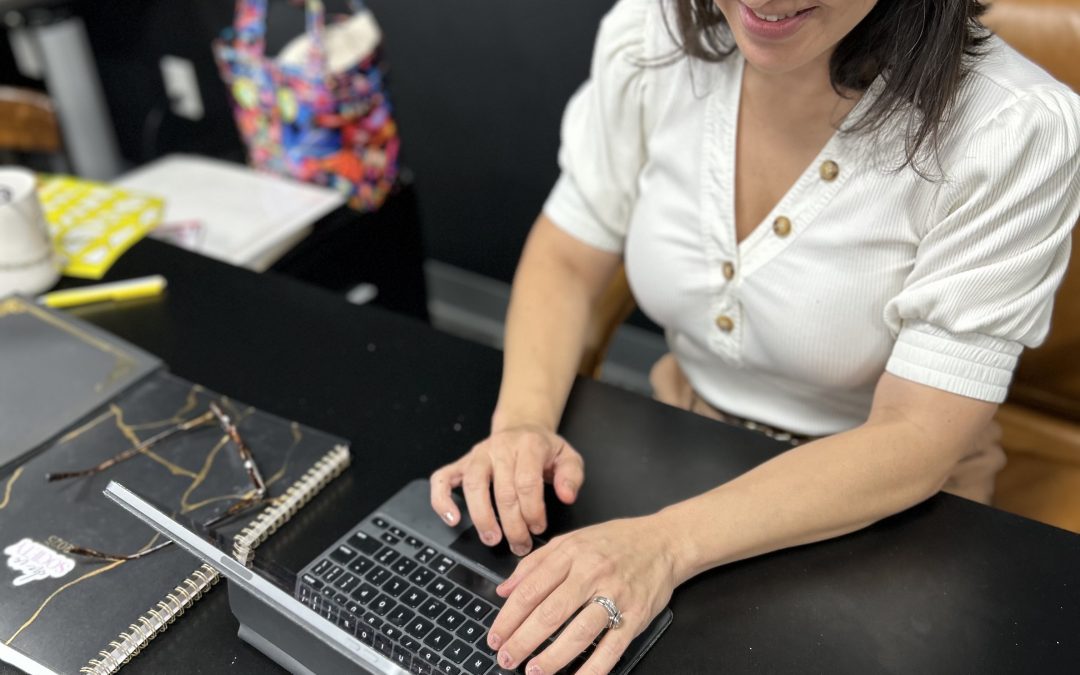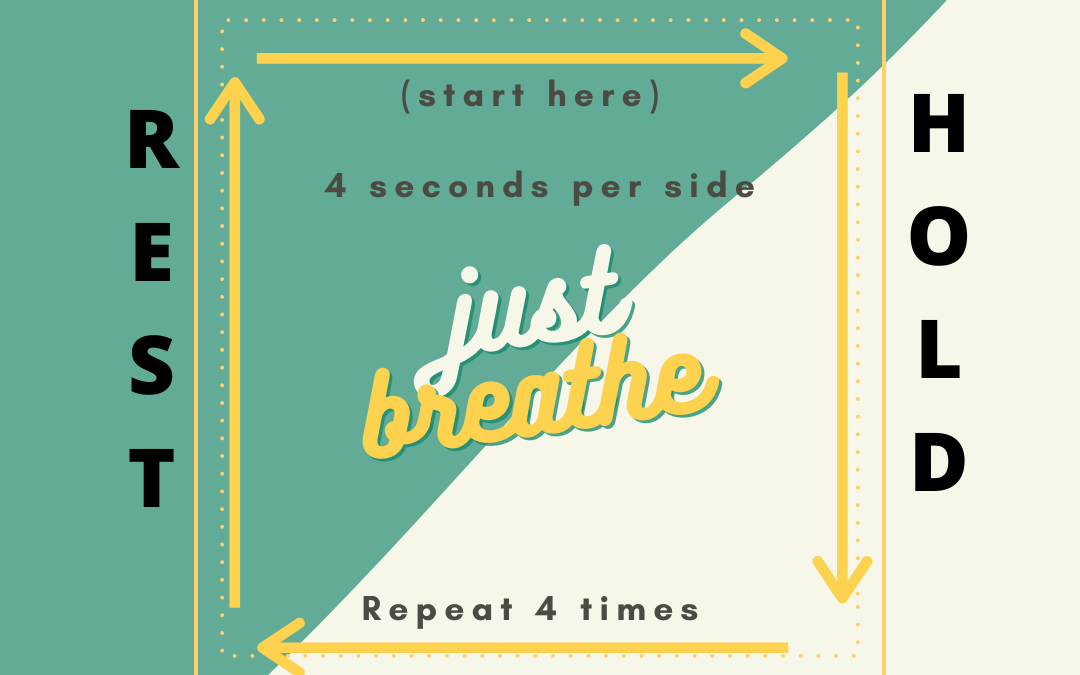
The Benefits of Virtual Counseling: Therapy That Fits Your Life
WRITTEN BY: JENNIFER PATRICK, LMSW
Have you ever felt like life’s challenges are piling up, leaving you stressed, anxious, or overwhelmed? Maybe you’ve considered therapy but hesitated because of the time commitment or the thought of going to a therapist’s office. That’s where virtual counseling, or telehealth counseling, comes in. You can use your computer, phone, or tablet, right from the comfort of your own home. This is especially helpful when you’re strapped for time.
Easy Access, Anytime, Anywhere
One of the biggest perks of virtual counseling is its accessibility. You can easily connect with your therapist at a time that works for you. Whether you’re at home, at work, or even on the go you, as long as you have a device you can have your session. This flexibility makes it easier to fit therapy into your life than to fit your life into therapy. This means you can get the help you need without the added stress of time constraints.
Comfort and Privacy
Talking about your feelings can be tough. Doing it in a space where you feel safe and comfortable can make a big difference. Virtual counseling allows you to choose the space that feels best for you. This could be your favorite chair at home, your car where you know it’s quiet and secure or any other private space. Plus, without the worry of running into someone you know in the waiting room, you can focus entirely on your session. For those with social anxiety or a fear of being in public, virtual counseling is a great option. It lets you have therapy without the extra stress of being in public. You can be yourself more easily in a private and cozy space.
Consistency, Even in Uncertain Times
Life can be unpredictable. Sometimes circumstances make it difficult to attend in person therapy sessions. Virtual counseling ensures that you can stay connected with your therapist, no matter what’s going on in the world. Whether school aged kiddo is home unexpectedly or you’ve only got an hour to attend therapy before your own work commitments, virtual counseling allows you to still have therapy without missing other important commitments. However, it’s important to be sure you are in the state where your counselor is licensed, even for virtual sessions. Our counseling doesn’t cross state lines which means you can’t be out of state when you have your therapy session.
Proven Effectiveness
But does it work? The good news is, YES! Research has shown no statistical difference in outcomes between virtual and in person counseling. Virtual counseling can help you manage stress, anxiety, depression, and other emotional challenges. It’s just as effective as in person sessions. It’s a great tool that can help you learn new coping skills, gain insight into your thoughts and emotions, and improve your overall well-being.
A Therapy Experience Tailored to You
Virtual counseling isn’t just about convenience. It’s about creating a therapy experience that works for you and your busy schedule. It allows for a personalized approach. Whether you’re looking for a deep dive into your emotions or a session with a touch of humor to lighten the load. Your therapist can meet you where you are (literally and figuratively). This helps you navigate your mental health journey with the support and guidance you need.
As you start your therapy journey, we would encourage you to think about the words from Psalm 34:18: “The Lord is close to the brokenhearted and saves those who are crushed in spirit.” In times of hard times, these words can be a source of comfort, reminding you that you are not alone. Whether through your faith, your therapy, family or both, there can be hope and healing ahead.
If you’re feeling stressed, anxious, or just need someone to talk to, give virtual counseling a try. It’s an accessible, private, and an effective way to take care of your mental health, all while fitting seamlessly into your life. Virtual counseling could be the key to feeling better and living a more balanced, fulfilling life- whether you’re in your pajamas on the couch or dressed in your best business casual during a lunch break.






Recent Comments